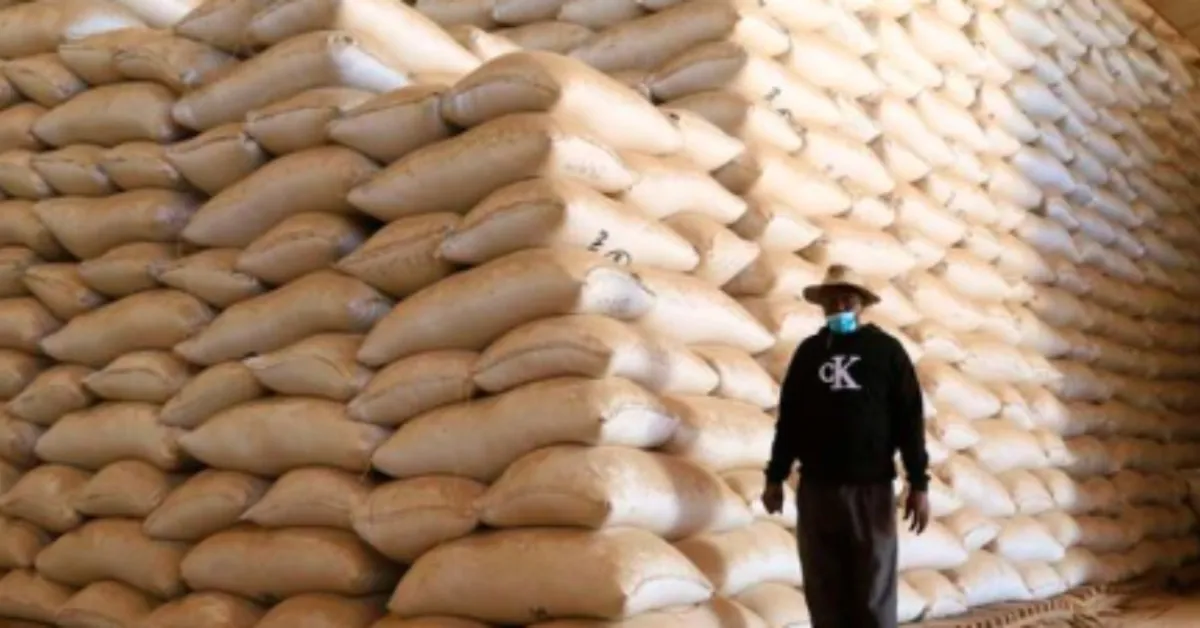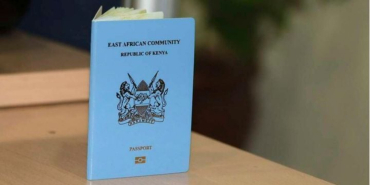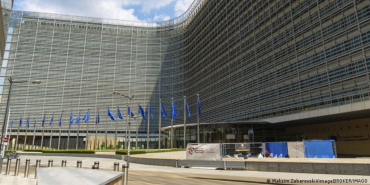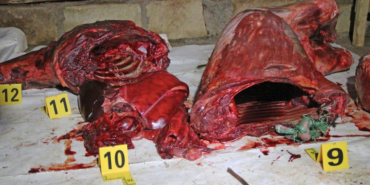How Did Tycoons Secure Sh15 Billion Rice Import Deal?

Kenya’s state-owned trading agency has awarded rice import contracts worth Sh14.8 billion to four firms that were not among those initially shortlisted, despite having already notified 16 other companies of their successful bids.
The Kenya National Trading Corporation (KNTC), which oversees strategic imports to stabilise food supply, contracted Zyan Agencies, Ecoview Commodities, Njema Commodities, and Solid Commodities to supply 250,000 tonnes of white rice. This decision was made after 16 other firms, previously notified via email on 9 September that they had been selected, were abruptly informed by phone that KNTC had reversed its position.
The initial bidders had been directed to begin the procurement process through the Agriculture, Food and Fisheries Authority’s portal. Within 24 hours, however, the process was halted without written explanation. Neither KNTC CEO Lucy Anangwe nor board chair Evans Kidero responded to questions from the media regarding the change in direction.
The newly selected firms were not among the original 60 companies vetted for the rice import programme. Public records show that they have limited operational history and had not participated in previous procurement rounds.
Zyan Agencies, registered in 2018 and owned by Ibrahim Murie Ibrahim, is based on Standard Street in Nairobi. Njema Commodities, registered in 2021, is jointly owned by Abdinasir Siyad Mahamud and Muhudin Ibrahim Hassan.
Ecoview Commodities and Solid Commodities were incorporated in late 2023 and 2024, respectively, and are based in Mombasa. The value of the contract is based on a government-set price of $460 (Sh59,409) per metric tonne of grade one Pakistani white rice.
As in previous years, the import duty has been waived to address Kenya’s significant shortfall in domestic rice production, which leaves an annual deficit of approximately 800,000 tonnes. The rice import plan was approved by the High Court in August following a legal challenge by the Farmers Party, which opposed the duty waiver on the grounds that it would harm local producers.
Justice Edward Mureithi upheld the waiver but limited imports to 250,000 tonnes, aligning with the government’s position that additional rice imports were necessary to prevent a food shortage. Meanwhile, the Pakistan High Commission in Nairobi had written to KNTC on 12 September, urging the agency to give preference to Pakistani exporters and requesting details on how import quotas were being allocated.
The High Commission’s letter cited the importance of bilateral trade but did not appear to influence KNTC’s final selection. This development comes less than a year after KNTC faced a major procurement scandal that led to the dismissal of former CEO Pamela Mutua and criminal charges against several officials.
That earlier case involved contracts worth Sh6.85 billion for the supply of rice, beans, and edible oils, funded through a Sh24 billion loan. Although Ms Mutua was charged, other officials were cleared, and none of the contracted suppliers faced prosecution.














Add new comment